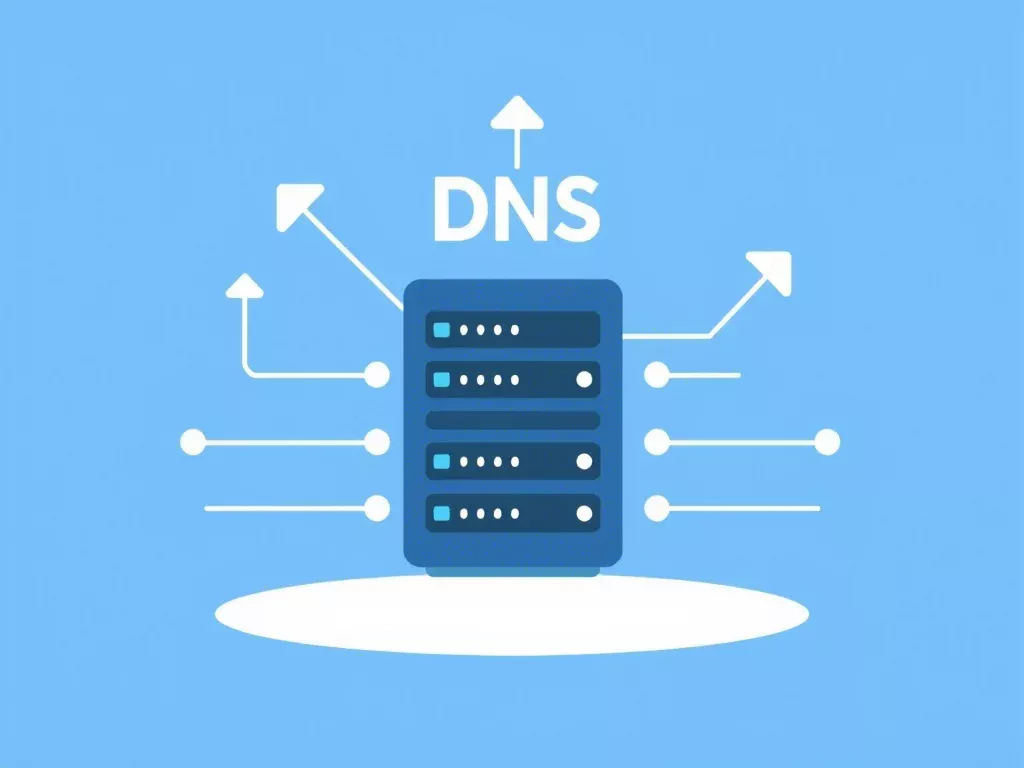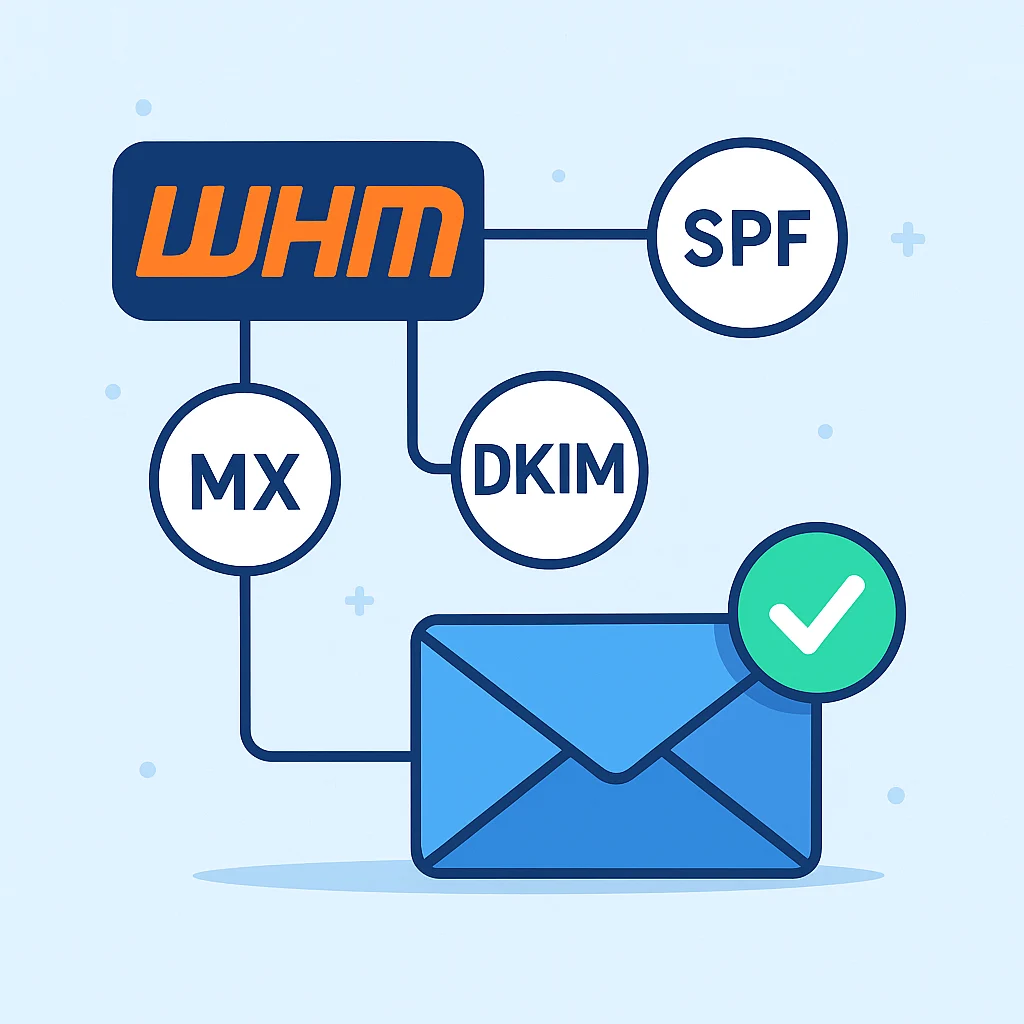
Understanding Apache Mods: How and When to Use Each
Apache, as one of the most popular web server solutions, is highly configurable through its modular architecture. Modules, or "mods," enable administrators to tailor the server's behavior to specific needs. These modules include everything from basic performance optimizations to specialized tools for managing connections, resources, and security.
This comprehensive guide explores the most commonly used Apache mods, including their purpose, how they work, and scenarios where each is beneficial.
What Are Apache Mods?
Apache mods are extensions or add-ons that enhance the core functionality of the Apache HTTP Server. Apache’s modular design allows you to load only the features you need, making the server more efficient and secure. Mods can handle functionalities like authentication, compression, logging, and connection handling.
Key Types of Apache Mods
1. Core Connection Handling Mods
Apache’s connection handling mods determine how it manages incoming client connections. These mods directly impact the performance of your web server.
a) Prefork MPM (Multi-Processing Module)
- Description: The prefork module uses multiple processes, each handling a single connection at a time. It is non-threaded and isolates each request in its process.
- Use Cases:
- Applications requiring high stability, such as PHP applications, as they are thread-unsafe.
- Environments where memory usage is not a significant concern.
- Drawbacks:
- Higher memory usage due to multiple processes.
- Limited scalability under heavy traffic.
b) Worker MPM
- Description: Worker MPM uses multiple threads within fewer processes to handle requests. Each thread can handle one connection, making it more memory-efficient.
- Use Cases:
- Scenarios requiring high concurrency with lower memory usage.
- Applications supporting thread safety, such as Java servlets.
- Drawbacks:
- Requires applications to be thread-safe.
- Potential for threading issues under misconfigured setups.
c) Event MPM
- Description: Event MPM is an evolution of Worker MPM, optimized for long-lived connections. It frees up resources when connections are idle.
- Use Cases:
- Servers hosting high numbers of persistent or long-lived connections, such as WebSocket or HTTP/2 traffic.
- Environments prioritizing scalability and low resource consumption.
- Drawbacks:
- Not universally compatible with all modules.
- Slightly more complex configuration.
2. Security and Authentication Mods
a) mod_ssl
- Description: Adds support for SSL/TLS encryption, securing communication between the server and clients.
- Use Cases:
- Websites requiring HTTPS for secure data transfer.
- Applications needing strong encryption standards.
- Drawbacks:
- Requires SSL/TLS certificates.
- Higher CPU usage due to encryption overhead.
b) mod_auth_basic
- Description: Provides HTTP basic authentication.
- Use Cases:
- Simple authentication for non-critical applications or internal tools.
- Drawbacks:
- Transmits credentials in Base64, which is not secure unless used with HTTPS.
c) mod_auth_digest
- Description: Implements more secure digest-based authentication compared to Basic Auth.
- Use Cases:
- Authentication needs for semi-secure applications where HTTPS may not be an option.
- Drawbacks:
- More complex configuration than Basic Auth.
3. Performance and Optimization Mods
a) mod_cache
- Description: Adds caching capabilities to Apache to reduce load times for static and dynamic content.
- Use Cases:
- High-traffic websites serving frequently accessed content.
- Scenarios requiring reduced backend load.
- Drawbacks:
- Cache management can add complexity.
- May cause stale content delivery without proper configuration.
b) mod_deflate
- Description: Compresses HTTP responses using gzip to reduce bandwidth usage.
- Use Cases:
- Websites with high outbound traffic.
- Scenarios requiring faster load times for users with slow internet connections.
- Drawbacks:
- Adds CPU overhead for compression tasks.
c) mod_expires
- Description: Adds expiration headers to static content for efficient browser caching.
- Use Cases:
- Websites serving large numbers of static files like images, CSS, and JavaScript.
- Drawbacks:
- Improper configuration can lead to outdated content being cached.
4. Logging and Monitoring Mods
a) mod_log_config
- Description: Customizes log formats for Apache’s access logs.
- Use Cases:
- Websites needing detailed logs for troubleshooting or analytics.
- Drawbacks:
- Excessive logging can fill up disk space.
b) mod_status
- Description: Provides a web-based interface for real-time server performance monitoring.
- Use Cases:
- Debugging or analyzing server health and performance metrics.
- Drawbacks:
- Exposing the status page publicly can lead to security risks.
5. URL Rewriting and Redirection Mods
a) mod_rewrite
- Description: A powerful module for URL rewriting, enabling SEO-friendly URLs or complex redirection rules.
- Use Cases:
- Websites needing custom URL structures for search engine optimization.
- Applications with dynamic content requiring readable URLs.
- Drawbacks:
- Complex syntax and rules can lead to errors.
b) mod_alias
- Description: Provides simpler redirection capabilities compared to mod_rewrite.
- Use Cases:
- Basic URL redirections and aliasing tasks.
- Drawbacks:
- Limited flexibility compared to mod_rewrite.
6. Dynamic Content and Language-Specific Mods
a) mod_php
- Description: Integrates PHP scripting capabilities into Apache.
- Use Cases:
- Hosting PHP-based websites, such as WordPress or Drupal.
- Drawbacks:
- High memory usage under heavy traffic.
- Thread-safety issues when not paired with Prefork MPM.
b) mod_proxy
- Description: Enables reverse proxy functionality, allowing Apache to forward requests to backend servers.
- Use Cases:
- Load balancing and failover setups.
- Hosting multiple backend services under a unified domain.
- Drawbacks:
- Adds latency if misconfigured.
c) mod_wsgi
- Description: Allows Python applications to run on Apache using the WSGI standard.
- Use Cases:
- Hosting Python-based frameworks like Django or Flask.
- Drawbacks:
- Complex setup compared to other language-specific mods.
7. Resource and Request Management Mods
a) mod_cgi
- Description: Executes CGI scripts for dynamic content generation.
- Use Cases:
- Older legacy systems or lightweight scripts.
- Drawbacks:
- Poor performance compared to modern alternatives.
b) mod_itk
- Description: Allows requests to be executed under separate UNIX user IDs for enhanced security.
- Use Cases:
- Shared hosting environments requiring user isolation.
- Drawbacks:
- Higher overhead compared to default modules.
When to Use Each Module
Understanding your server’s needs is crucial in determining which mods to enable. Here are some guidelines:
- Use Connection Handling Mods based on the nature of your applications and traffic patterns.
- Enable Security Mods for all servers, ensuring data and application safety.
- Optimize Performance Mods for high-traffic websites or those requiring rapid load times.
- Employ Logging and Monitoring Mods for server health and debugging.
- Leverage URL Rewriting Mods to create user-friendly URLs and redirects.
- Enable Language-Specific Mods based on the frameworks and technologies your applications use.
- Utilize Resource Management Mods for shared hosting or multi-user environments.
Conclusion
Apache mods provide unparalleled flexibility, allowing you to configure your server to meet unique requirements. By understanding the purpose and use cases of these modules, you can optimize your server for performance, security, and scalability. Always test configurations in a staging environment to ensure stability and compatibility before deploying them live.
For more insights into server optimization and hosting solutions, explore our services:









